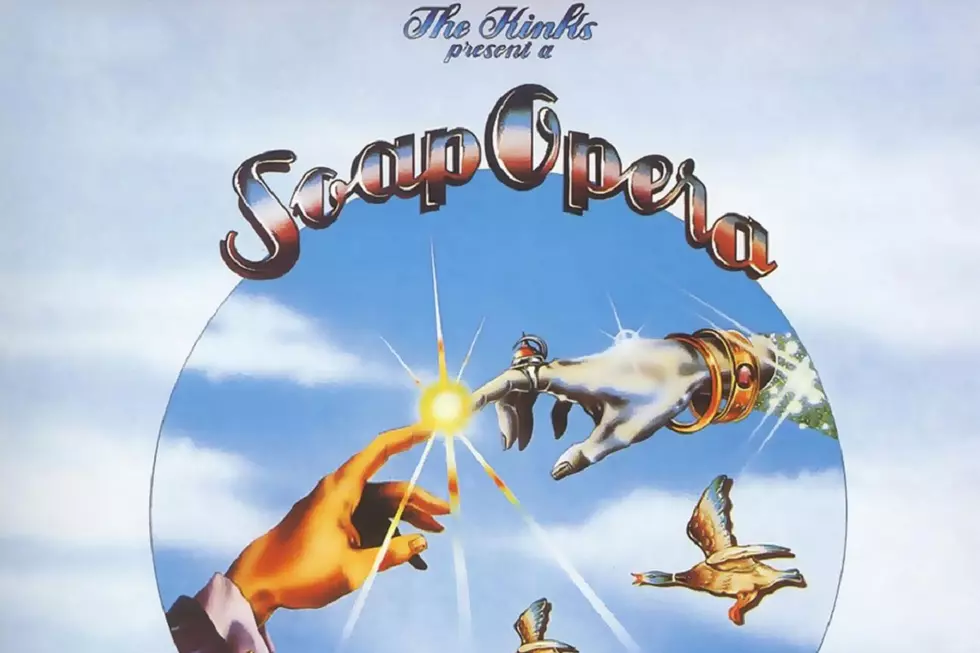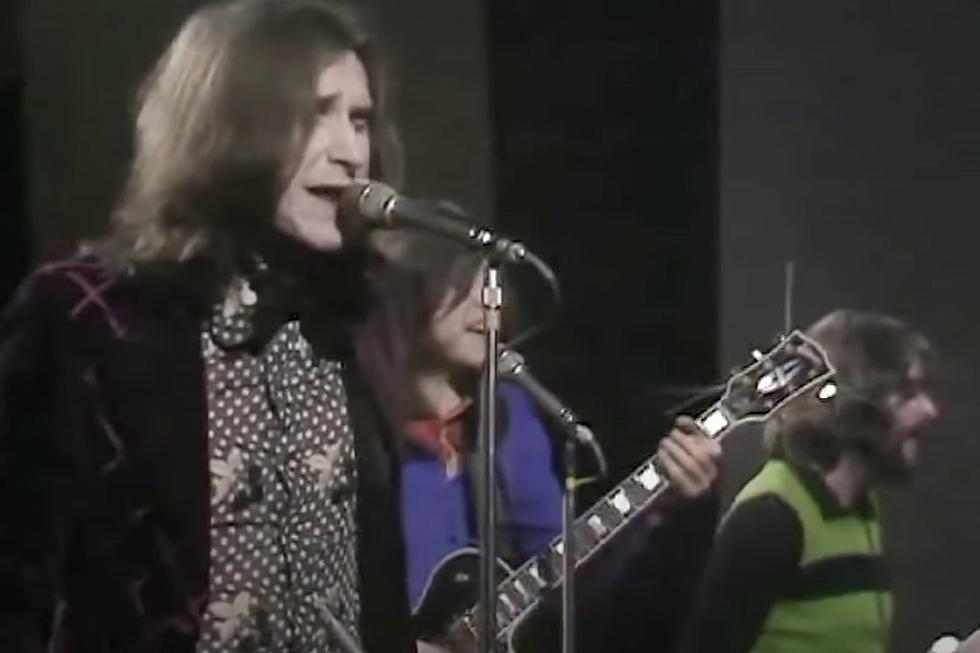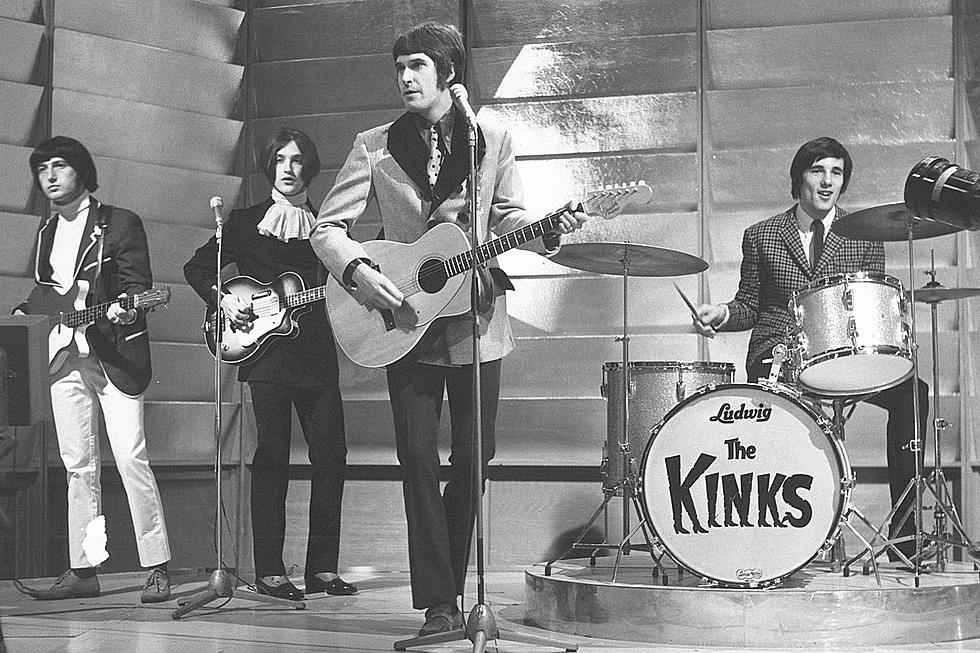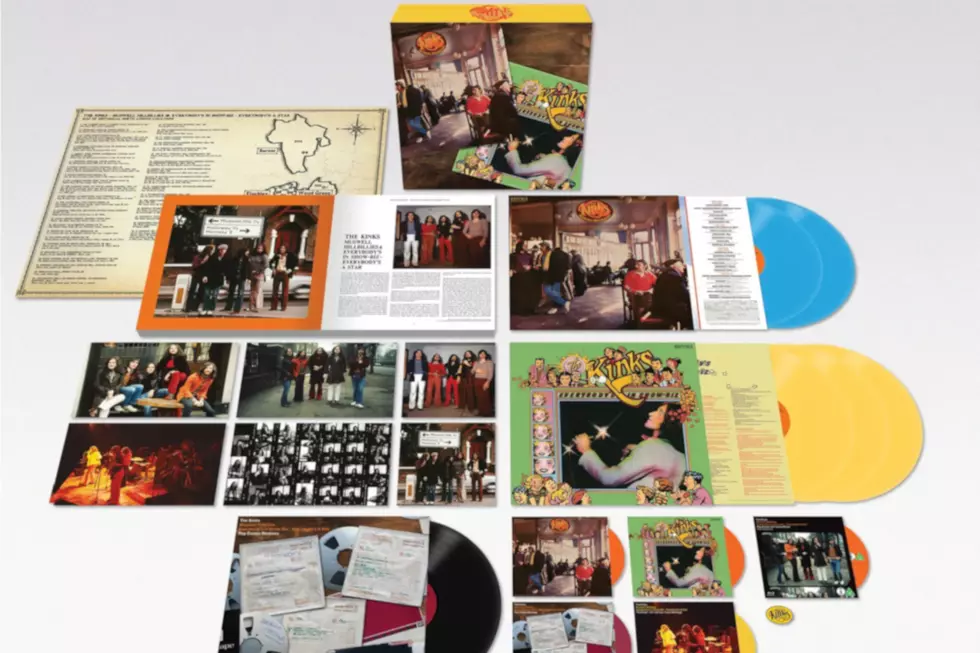
Why the Kinks Stumbled on the ‘Soap Opera’ Concept Album
For about a decade from the late ’60s until the late ’70s, Kinks frontman Ray Davies was obsessed with concepts larger than a simple rock song.
Albums were created as song cycles, as soundtracks to cerebral TV movies and as over-the-top stage productions in which music was only one component of an enormous whole. Perhaps, after you achieve the tiny bit of perfection that is “Waterloo Sunset,” you can only go bigger.
Soap Opera, released on May 16, 1975, found Davies near the tail end of this theatrical phase – not that the egregious layers of horns, strings and backing vocalists would have given listeners any clue that Ray was just about done with this sort of thing.
If the album feels like the soundtrack to something else, well, it kind of was. Soap Opera began life as a 1974 TV play called Starmaker, produced for Granada TV in the U.K. Written by Ray, the production told the story of a musician named Starmaker, who decides to trade places with a regular bloke named Norman in order to gain knowledge about everyday life for his songs.
Eventually, Starmaker forgets that he is not actually Norman and he fades away, leaving only his music behind. Davies starred as the title character, while actress June Ritchie played Norman’s wife, Andrea.
Listen to the Kinks' 'Everybody's a Star'
After completing the TV play, Davies translated the music into a full-on Kinks album – although some band members would still claim that it was always more of a solo project than a band effort. That fact is borne out in the music, which is more indebted to ostentatious cabaret than the Kinks' roots in rock ’n’ roll. A few songs have a bit more Kinks-y drive (especially leadoff glam-rocker “Everybody’s a Star”), but more often the listener is subject to the ups-and-downs of a day for Norman and Andrea (played again by Ritchie). A musical argument about dinner might be the album’s low point.
Although Davies wanted to take Soap Opera on tour as a real musical, those plans were scrapped in favor of a simpler concert approach in which the Kinks, plus extra collaborators, performed the LP straight through.
Both fans and critics have said that the live version proved more successful than the album, likely because this kind of schmaltz always goes over better in a theatrical setting than over your headphones. Famed rock critic Robert Christgau even blamed that dichotomy for the record’s shortcomings: “Maybe because it works so perfectly in the theater, this doesn't seem to work too well anywhere else.”
As a result of the tour, Soap Opera sold slightly better than any Kinks record since 1970’s Lola Versus Powerman and the Moneygoround, Part One. Of course the Kinks wouldn’t truly return to rock royalty until Davies ditched his stage dreams and returned to writing great rock songs for his band.
Kinks Albums Ranked
More From Ultimate Classic Rock









